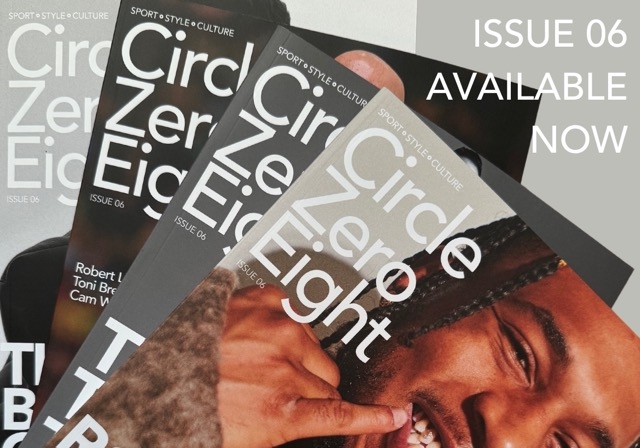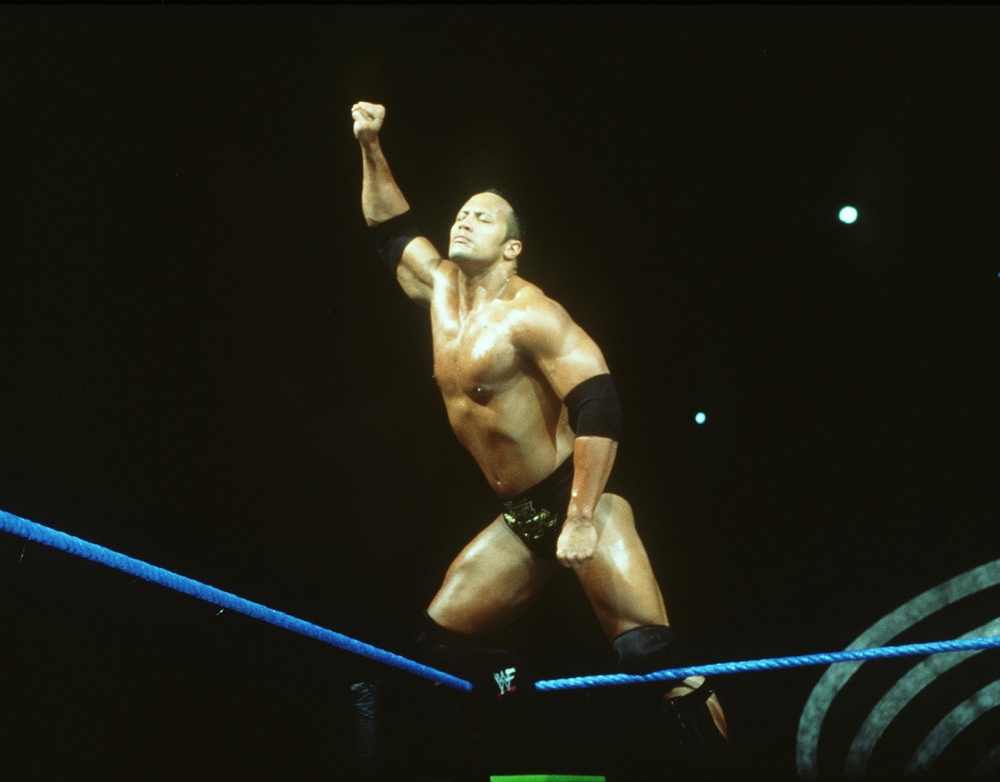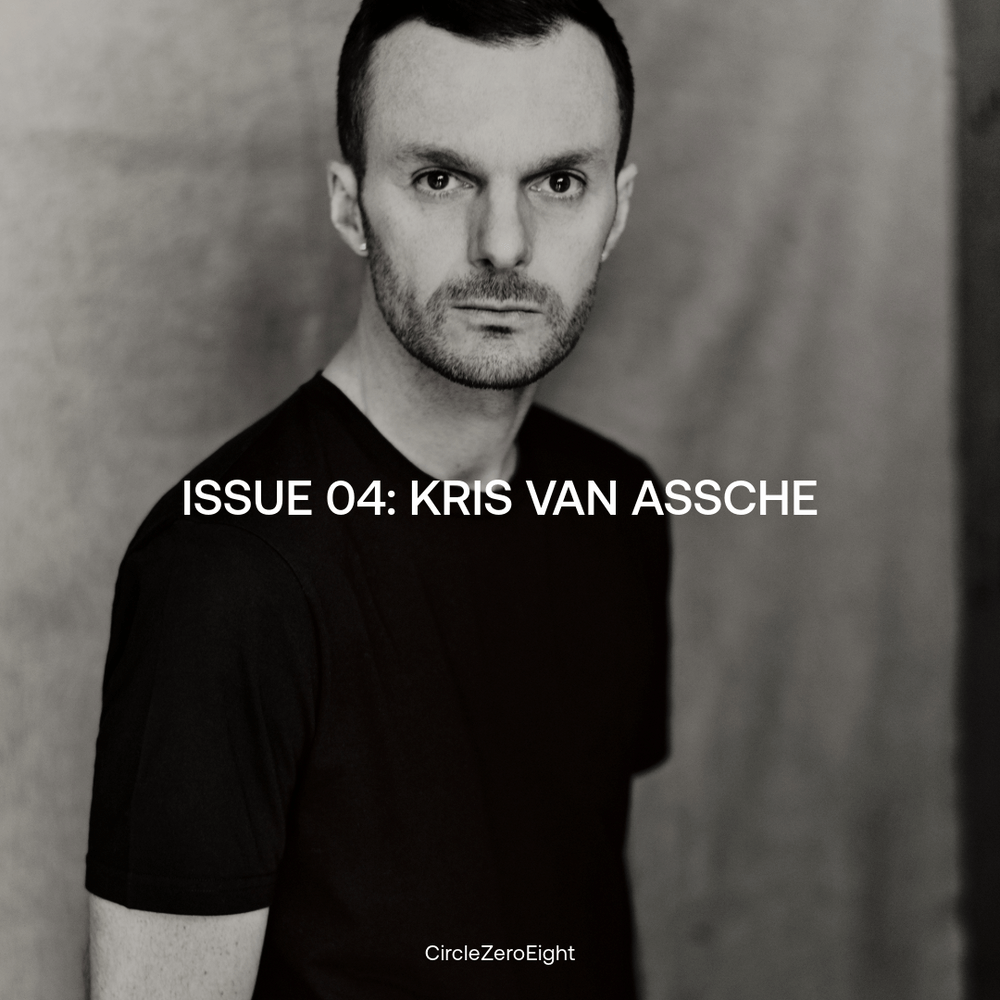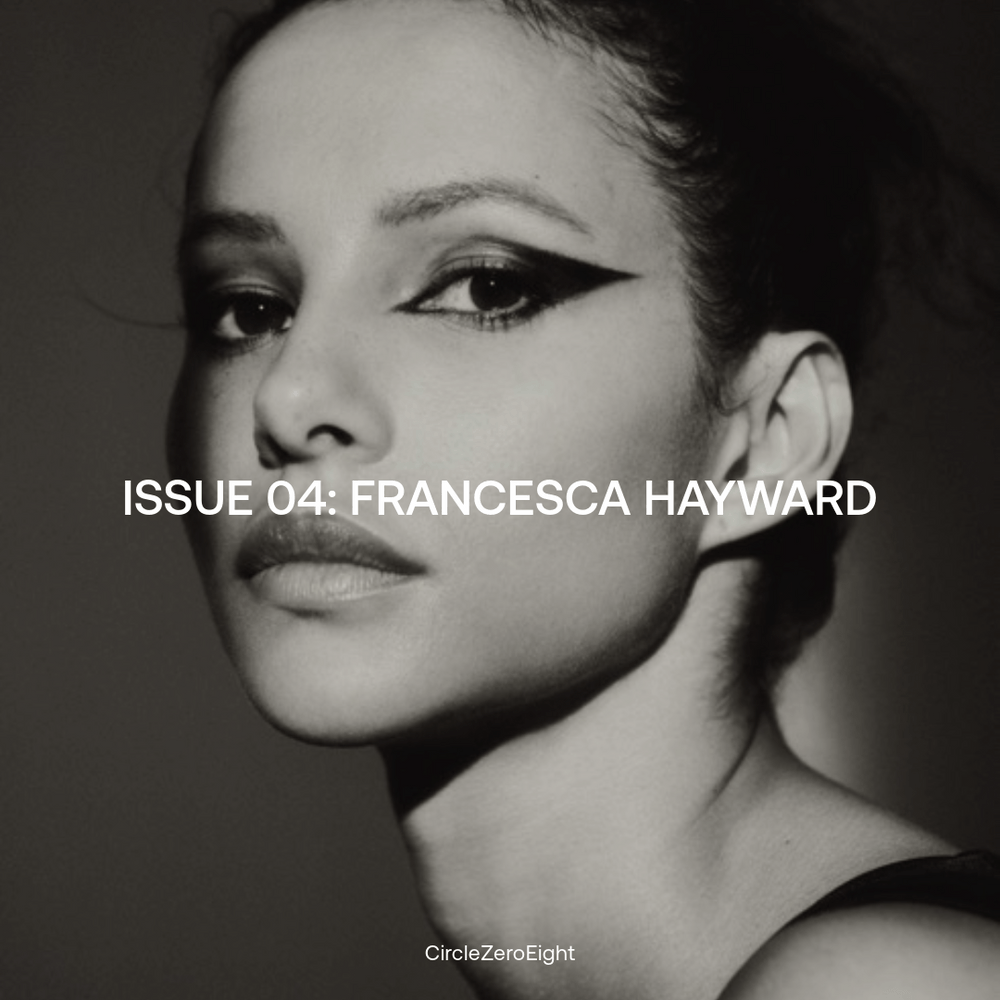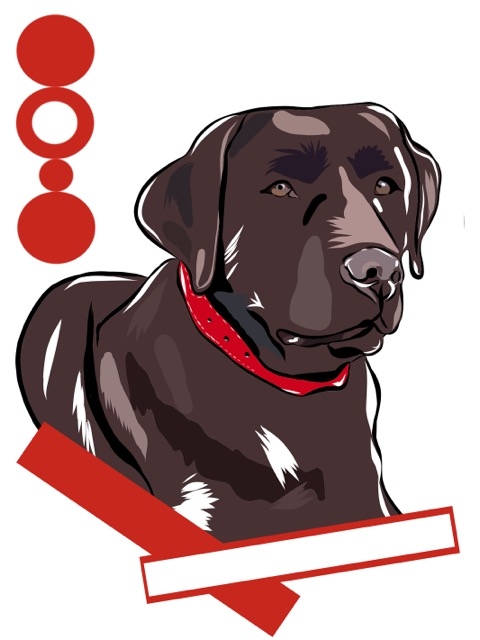
Win – Arsenal
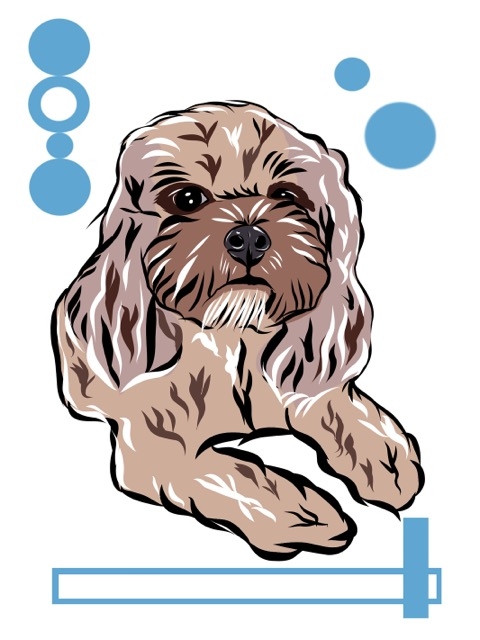
Winnie – Coventry City
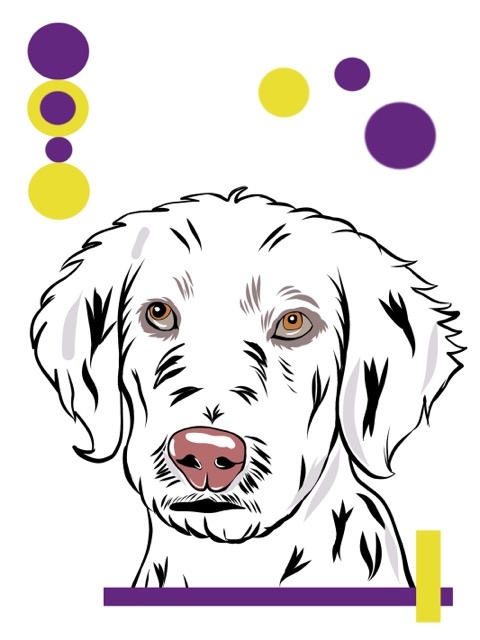
Teddy – Wexford FC
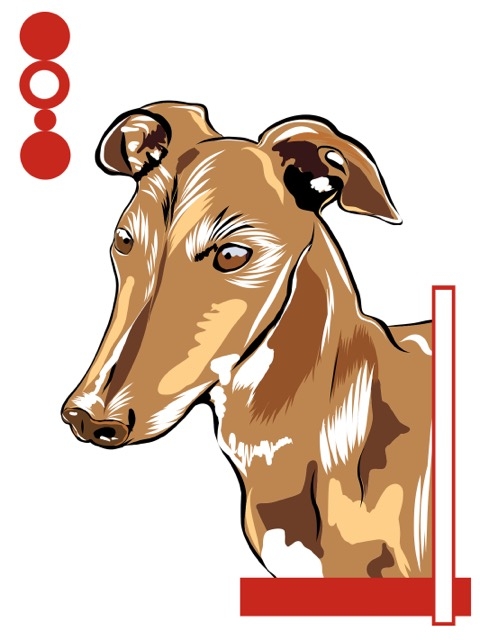
Paisley – Brentford FC

Win – Arsenal
Team Therapy Dogs: The New MVPs Transforming Professional Sports
At this summer’s Olympics, the Golden Girls – Simone Biles, Suni Lee, Jade Carey, Jordan Chiles and Hezly Rivera – put the USA’s gymnastics team on the world’s radar. But it was another member of the team who brought out the cute emojis: Beacon, the four-year-old Goodest Boy Golden Retriever working with Biles and co. as an emotional support animal.
The Global Rise of Sports Team Dogs
If that sounds like a stunt to make the already popular team break the internet, it’s actually part of a wider movement. Man – and woman’s – best friend is joining teams across the world of sport.

Winnie – Coventry City
American Teams Leading the Pack
In the US, dogs are sporting all sorts of jerseys. Baseball boasts Slugger (Pittsburgh Pirates) and Buddy (New York Mets), both military veteran dogs. The NFL’s 49ers have beloved emotional support hound Zoe; whilst ice hockey is packed with pups including Minnesota Wild’s Dino and Buffalo Sabres’ Blue.
UK Teams Embrace Canine Support
This animal magic is now coming to UK shores. Win is Arsenal’s emotional support chocolate labrador who spends most of her days at Arsenal’s training centre in London Colney. Brentford, meanwhile, are buzzing with Paisley, a whippet cross owned by sports psychologist Michael Caulfield. Over in Ireland, Teddy acts as a team therapy dog for Wexford FC. And grassroots East London team Whippets FC even have Seal the Greyhound on their club’s badge (emblazoned on a shirt designed by top-tier upcycler Sophie Hird, no less).
Winnie of Coventry City
In 2023, Coventry City signed Winnie, their new therapy dog and central playmaker. “Winnie is a six-year-old cavapoo, a breed known for being family friendly, loving, affectionate, and having a teddy bear-like appearance”, explains John Szyndler, owner and health and wellbeing manager at Coventry FC’s Sky Blues in the Community. “Her favourite treat is salmon. She’s very spoilt”.
While, sadly, her name hasn’t magically sparked a winning streak for Cov, she’s become a fan favourite and an invaluable part of the team, bringing blue-sky thinking to the Sky Blues. “Her efforts highlight the potential of the sport to uplift and unite people, proving that the impact of football extends far beyond the confines of the stadium”, Szyndler says.

Teddy – Wexford FC
The Strategic Value of Team Dogs
Coventry are following the lead of other clubs. With set piece coaches, fancy nutritionists and tactical statisticians all the rage in the sporting world, dogs are yet another way to boost those marginal gains and create a relaxed vibe, from the training ground to the changing room. Who needs a dartboard when you have a daschund?
Marketing and Team Spirit
Like their costumed matchday friends, these dogs act as mascots for their clubs, sporting fetching miniature kits and symbolising the team’s ethos. “I carefully chose the dog, and in my opinion it’s the perfect representative of who we are right now. Her name is Win, we all love winning, and Win needs a lot of love. So the love for Win, that was basically the feeling”, Arteta, ever the philosopher, said in a press conference. They’re also social media gold; content featuring dogs is always lapped up by followers on Instagram and TikTok and can help attract new fans.

Paisley – Brentford FC
The Science Behind Therapy Dogs in Sports
It’s their therapeutic potential that’s the main draw, however. As anyone who’s spent literally any time ever with a dog knows, they can create a powerful sense of wellbeing and ground you in the present. “[Dogs have] proven benefits in reducing stress and anxiety. Interactions can improve morale, promote team bonding, and create a positive atmosphere, helping athletes cope with the pressures of elite competition”, says Szyndler.
Understanding Animal-Assisted Therapy
The idea is tied to the field of animal-assisted therapy or AAT, which, as well as dogs, uses creatures big and small including horses, chickens, pigs, fish, and cats to help control and console mental health conditions. “Dogs can increase blood oxytocin levels while decreasing cortisol levels. These changes can reduce anxiety and lower blood pressure, highlighting the potential benefits of animal interactions in high-stress environments”, Szynder explains. He points to the Paris Olympics, where Beacon was used to calm athletes’ nerves before performances.
Professional Training and Certification
Winnie is a certified therapy dog. “To qualify, she underwent a rigorous assessment focused primarily on her temperament. This involves a representative from the organisation visiting to evaluate how Winnie responds to being handled, stroked, and petted”, Szynder explains. Now an accredited Pets As Therapy dog, Winnie provides science-backed support for Coventry FC.
Creating Calm in High-Pressure Environments
Paisley plays a similar role for Brentford. He always joins Michael Caulfield on his therapy sessions with players, which happen outside rather than inside a stuffy office to further break down barriers. “Dogs don’t worry about yesterday, or tomorrow, they just revel in the day”, Caulfield says. And Paisley’s character is exemplary. “He is the quietest, calmest dog imaginable. He never barks, shouts, or jumps up at people. He gives off a calm and kind air, and he’s very tactile. I can safely say he has helped so many times in enabling important conversations to start”, Caulfield says. And why do the players respond so well to Paisley? “Because [a dog is] normal, and at times, footballers crave normality”, he says.
Community Impact and Fan Engagement
These beneficial effects also extend to the fans – not just the players. “Winnie plays a vital role in promoting mental health awareness in the community, creating a positive narrative around sports and football. Her efforts highlight the potential of the sport to uplift and unite people, proving that the impact of football extends far beyond the confines of the stadium”, Szynder says.
Making a Difference Beyond the Field
Whether it’s engaging with the U21 team for Mental Health Awareness Week or being taken to visit terminally ill fans, Winnie is regularly involved in the initiatives run by the club’s charity. “This year, she’s on a mission to visit over 100 care homes, hospitals, and schools”, Szynder says, fondly noting that during the week of Coventry’s semi-final match against Manchester United in April, she visited a local care home to get people excited for the underdog fixture. Sadly, even with Winnie’s gallant efforts, it ended in heartbreak.
Impact on Performance and Team Success
It raises the question – if dogs can help boost moods for both players and fans, can they help to unleash a winning mentality? Szynder points to an interaction Winnie had with new signing, winger Rafael Borges Rodrigues. “This kind of interaction not only enhances team morale but may also positively impact overall performance”, he says. Caulfield can’t be certain, but thinks Paisley helps create a positive energy that feeds into everything else. “[The impact on performance] is impossible to measure, but he has done so much good through his presence and calmness: people just enjoy sitting down and stroking him”.
The Lighter Side: Dogs on the Pitch
But, most importantly, what are these dogs like at football? Should we be calling them up for the next big match? “Hopeless… he just likes running after them”, Caulfield says of Paisley. “Winnie loves to be involved in a good kick around. But she’s known to be a little ball greedy though, and won’t release it once she has it in her possession!” echoes Szyndler.
Dogs, then, can be a godsend for teams when it comes to upping morale and supporting the local community. But – sorry Winnie, Paisley and your other furry friends – a pup style of play might not have legs just yet.
